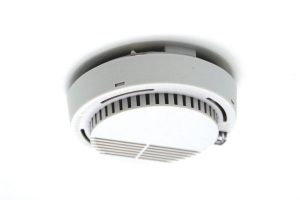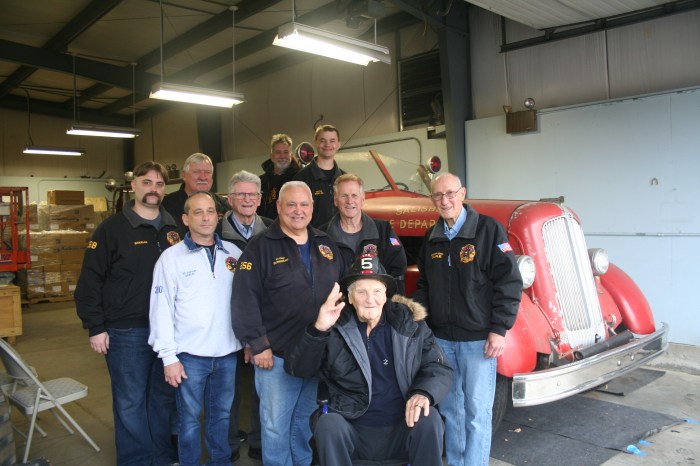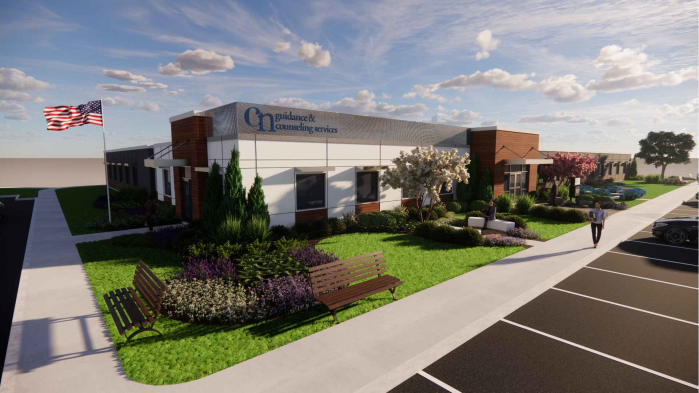
Spring is just around the corner and one sure sign is the start of Daylight Saving Time next weekend. When the clocks “spring forward” is the ideal time to “spring into action” for home safety, by changing the batteries in your carbon monoxide alarms.
Carbon monoxide is an invisible, odorless gas that can be deadly if left undetected. When fuels such as natural gas, butane, propane, wood, coal, heating oil, kerosene and gasoline don’t burn completely, they can release carbon monoxide into the air. Common sources of carbon monoxide include malfunctioning forced-air furnaces, kerosene space heaters, natural gas ranges, wood stoves, water heaters, fireplaces and motor vehicle engines.
The symptoms of carbon monoxide poisoning are similar to those of the flu. If you suspect carbon monoxide is present in your home, go outside immediately and call 911. Next, call National Grid’s gas emergency contact number, 800-490-0045 for Long Island. Do not return to your home until the carbon monoxide source is found.
National Grid shares the following safety reminders to help customers identify and prevent carbon monoxide poisoning:
• Install Underwriters Laboratory, or UL, approved home carbon monoxide detectors on every floor of your home.
• Check chimneys or flues for debris, bird nests or other blockages and have them cleaned periodically.
• Never use a gas range for heating or burn coal or charcoal in an enclosed space.
• Never cover slots or holes in the bottom of the oven with spill pans or foil, which can block airflow in the oven.
• Never operate a back-up generate indoors.
National Grid will respond immediately to all carbon-monoxide related calls for natural gas customers within its service area—even if you purchase natural gas from an alternative gas supplier or marketer. Always call 911 first.
—Submitted by National Grid






























